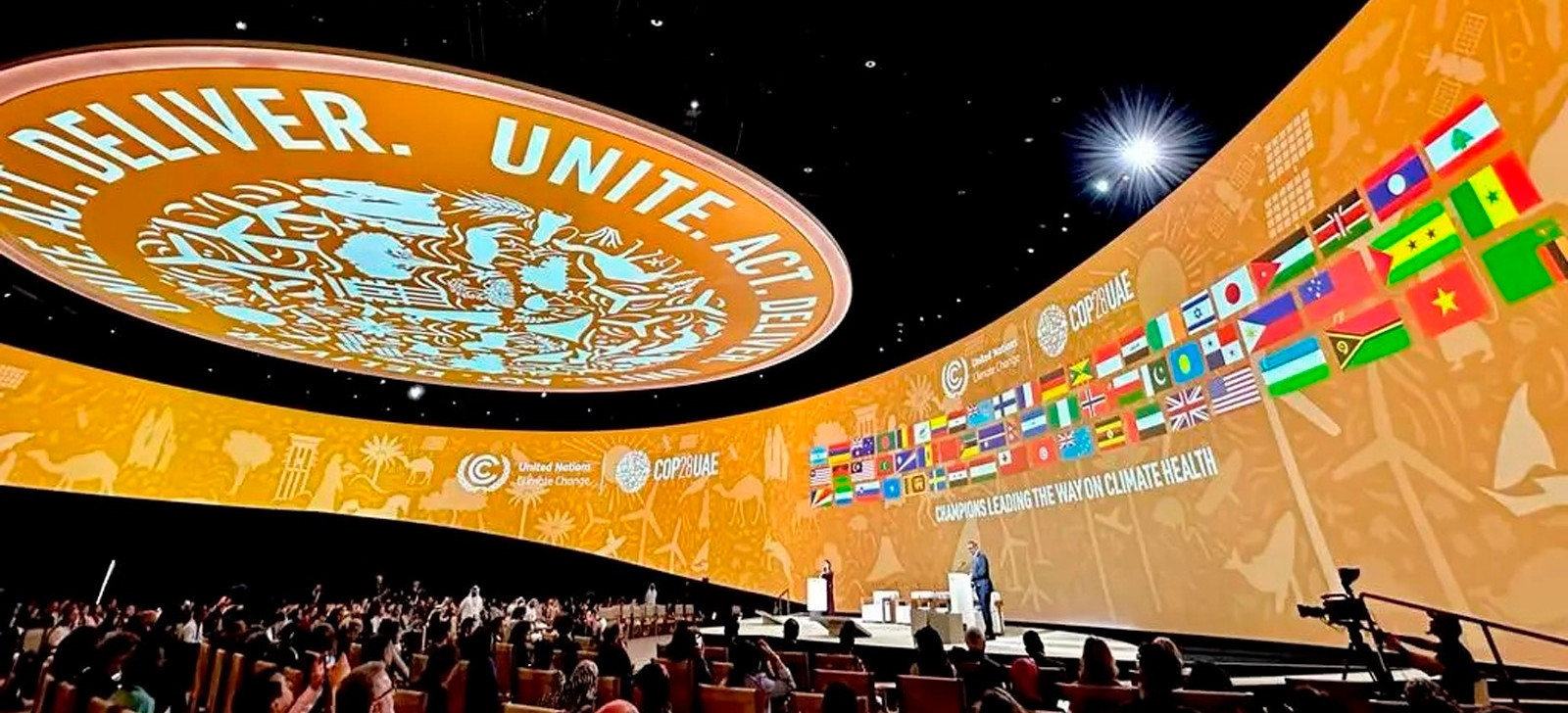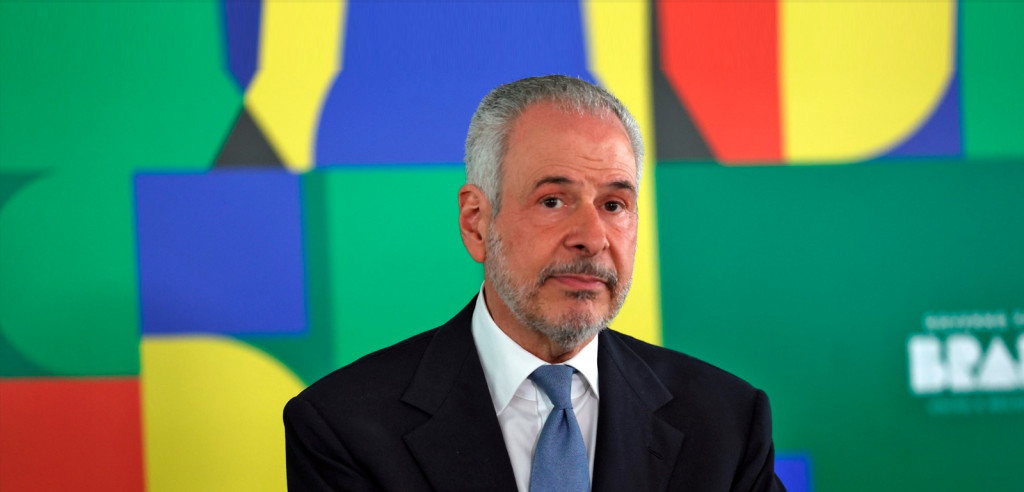COP30 in Belém will close the cycle of climate conferences in the Global South
04 de April de 2025

By Ana Cláudia Leocádio – From Cenarium
BRASÍLIA (DF) – The Minister of the Environment and Climate Change (MMA), Marina Silva, declared this Thursday, the 3rd, that the 30th United Nations Climate Change Conference (COP30), to be held in Belém in November this year, will celebrate ten years of the Paris Agreement and conclude a sequence of four conferences held in the Global South, three of them in BRICS countries.
Marina opened the 11th meeting of BRICS Environment Ministers, an economic bloc created in 2011 by Brazil, Russia, India, China, and South Africa, which has since been joined by Saudi Arabia, Egypt, the United Arab Emirates, Ethiopia, Indonesia, and Iran. These new members participated in this meeting, held at the Itamaraty Palace in Brasília. Together, they account for nearly half of the world’s population and concentrate 39% of global wealth. In 2025, Brazil holds the bloc’s presidency.
In a closed meeting, the Environment Ministers, according to Minister Marina, are expected to discuss four priority topics: desertification, land degradation, and droughts; preservation, restoration, and valuation of ecosystem services; plastic pollution; and climate change.

“The dialogues and outcomes of this meeting will strengthen our cooperation and foster comprehensive actions. At the end of the discussions, we hope to approve the ministerial declaration, which is the result of months of negotiation between our technical teams, to whom I extend my deepest gratitude,” the minister emphasised.
Additionally, the ministers need to approve an annual work plan to drive the implementation of the Memorandum of Understanding on Environmental Cooperation from 2024 to 2027. “This plan foresees around 50 practical activities in strategic areas such as air quality, environmental education, biodiversity, waste and chemical management, water resources, coastal and marine zones, and climate change,” Marina explained.
Challenges and political tensions
Marina Silva highlighted that Brazil has taken on a dual mission at “a particularly challenging moment, marked by geopolitical tensions that put to the test the foundations of an already fragile and unequal multilateral order.” “The rise of unilateralism and extremist discussions threatens global stability and deepens injustices, particularly affecting the most vulnerable populations. This instability is further exacerbated by the climate emergency we are experiencing,” she reiterated.
In addition to the BRICS presidency, Brazil will also host COP30 in Belém, with the challenge of advancing negotiations to fulfil what was agreed upon in the 2015 Paris Agreement. At that meeting, a commitment was made to keep the increase in the global average temperature below 2°C and to limit the rise to 1.5°C above pre-industrial levels. Marina recalled that 2024 was the hottest year in history, surpassing the critical threshold of 1.5°C.
The challenge facing the bloc is primarily related to the stance of US President Donald Trump, who withdrew from the Paris Agreement and revoked all government policies on climate change mitigation and energy transition, favouring fossil fuels.
For this reason, the minister reiterated the strategic role of BRICS as a space for dialogue and collective solution-building. “Our capacity for cooperation and diplomacy is more necessary than ever. Under the motto ‘Advancing Environmental Cooperation among BRICS Towards Sustainable Development and a Just Transition for All,’ Brazil reaffirms its commitment to multilateralism and cooperation among Global South countries,” she said.
The president of COP30, Ambassador André Corrêa do Lago, highlighted the efforts that will be needed to ensure this significant climate event achieves its goals, especially in the current context where developed countries have not taken the expected lead in combating climate change.

One of the key challenges in Belém will be securing an acceptable level of funding for climate change mitigation, which primarily affects the least developed countries that contribute the least to greenhouse gas emissions.
“That is why it is crucial to advance, simultaneously, in concrete actions that expand climate finance—from the promised US$300 billion to at least US$1.3 trillion annually. In this regard, it is essential to strengthen innovative financing mechanisms. One example is the ‘Tropical Forests Forever Fund’ (TFFF), which aims to ensure continuous resources for nature conservation and the valuation of ecosystem services provided by tropical forests,” Marina Silva concluded.

